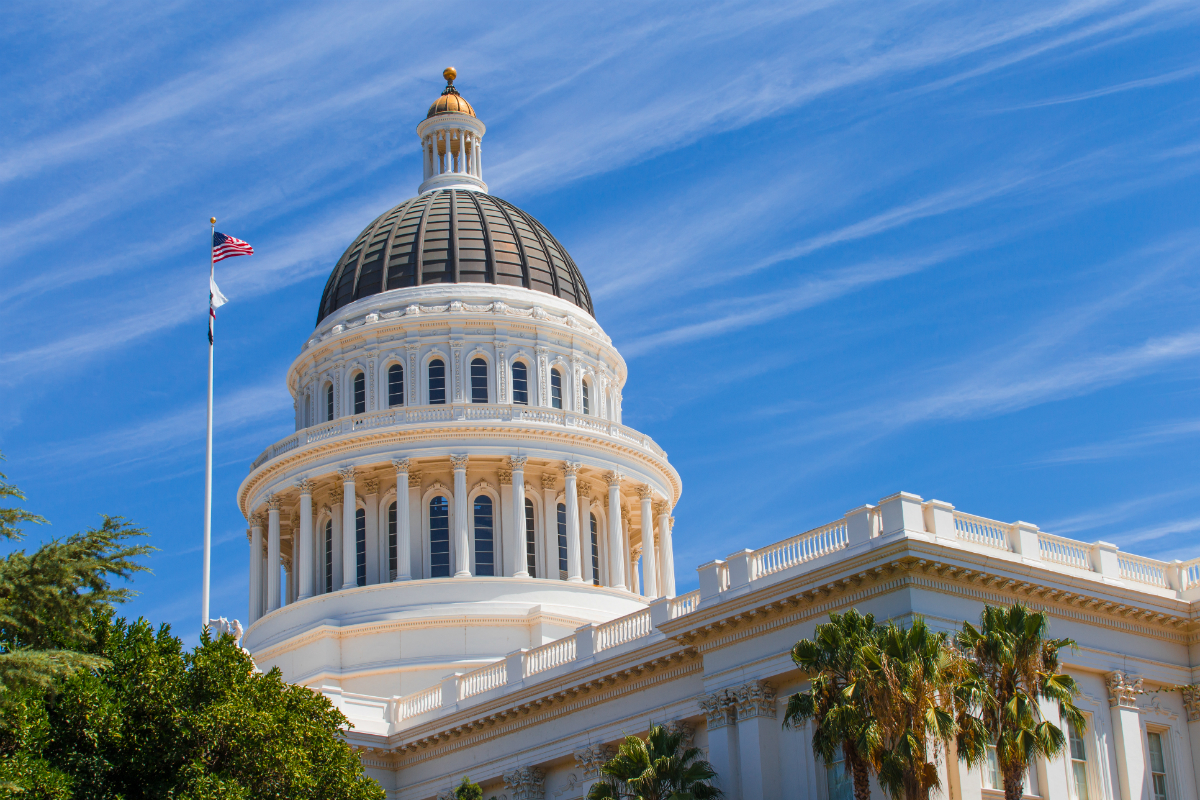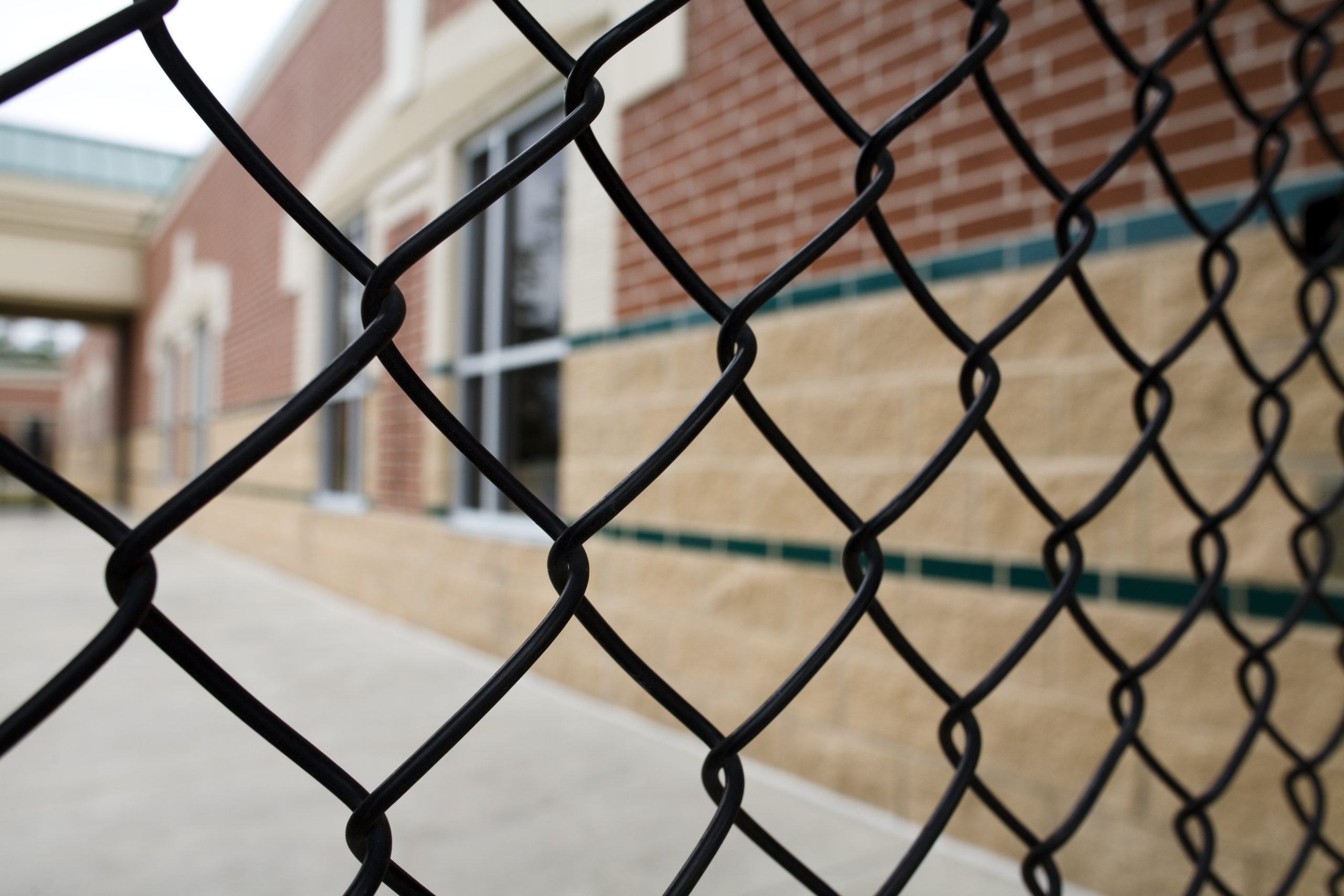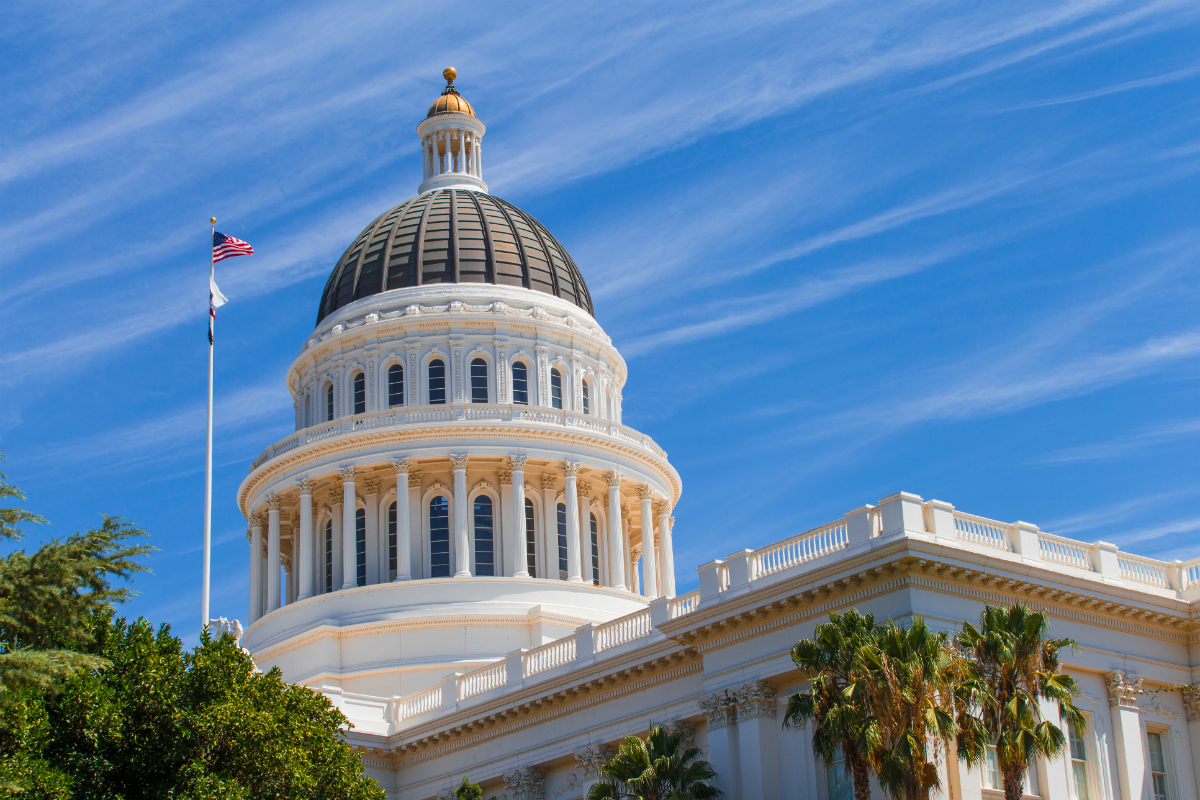Assembly Bill 1505 (O’Donnell, D-Long Beach), a bill that would make substantial changes to processes governing charter school petitions and renewals, has been sent to Gov. Gavin Newsom’s desk after passing the Senate with a 27-11 vote (with two members not recording a vote) on Sept. 9 and concurred by the Assembly with a 60-16 vote (with three members not recording a vote) on Sept. 10.
On Aug. 28, Gov. Gavin Newsom announced that an agreement had been reached with legislative leadership on AB 1505, with recent amendments made to the bill on Aug. 30 reflecting that agreement.
CSBA is supportive of AB 1505, and will continue to work with legislative leaders on remaining implementation issues with the bill when the 2020 legislative year begins (see below for details).
Click here for a fact sheet prepared by the bill’s authors.
The most recent amendments to AB 1505, in addition to prior amendments made in July, reflect several of CSBA’s key concerns about the bill and align with several recommendations made by CSBA’s Charter Schools Task Force in its Uncharted Waters report.
UPDATE 9/11/19: An additional charter bill, AB 1507 (Smith, D-Santa Clarita), a bill also supported by CSBA banning charters from being located outside the boundaries of the authorizing entity, passed the Senate on Sept. 11 with a 25-12 vote (with three members not recording a vote) and now goes back to the Assembly for concurrence.
Key provisions of AB 1505, as amended on Aug. 30:
Consideration of impact: School districts will be able to consider whether a charter petition will undermine existing programs, services or academic offerings, and take into account if a similar program exists with capacity to serve new students.
Special consideration for fiscal distress: A “default” denial will be available to districts in fiscal distress. These include districts in receivership, negative certification or those currently in qualified status that would likely move to negative status as a result of the approval of a charter school petition.
County board authority remains intact: COE governing boards will keep the authority to approve countywide benefit charters, and to conduct a full appeal on a denied petition.
Limited State Board of Education appeal: SBE will only hear appeals where the district or county abused its discretion (if so requested by the petitioner, the SBE would have to determine if there was an abuse of discretion by a district or county; see details below).
Additional changes of note:
Renewal data: AB 1505 phases out (over approximately six years) a charter school’s use of alternative data, replacing it with the state’s accountability system.
Expanded non-renewal criteria: The bill now enables charter schools to be closed if they are found to have been engaging in the practices known as “creaming and cropping” of students, in addition to governance and fiscal concerns.
Virtual school moratorium: AB 1505 includes a 2-year moratorium on petitions for new virtual charters, which would also apply to petitions for independent study and home school charters.
Teacher credentials: Charter school teachers without a credential would have to be fully credentialed within five years.
Data collection: Mirroring a recommendation from Uncharted Waters, the bill would require the Californai Department of Education to track statewide data on implementation, authorization and appeals of charters.
The following implementation issues, which CSBA raised with legislative leaders this year, will require more attention when the Legislature returns in 2020, the second year of the current two-year legislative session:
New documentary record requirements: The bill requires the governing board of a school district and a county board of education to prepare a documentary record, including a transcript of the public hearing at which the governing board denied a charter – a record to be prepared no later than 10 business days after the petitioner’s request, a short timeline that would place significant burdens and costs on boards and staff. CSBA recommends additional flexibility be given to local authorizers to enable the use audio or audio/visual recordings as an alternative to the requirement of written transcripts.
Written opposition: AB 1505 maintains a role for the State Board of Education (SBE) to consider appeals of denied petitions, focused on abuse of discretion. The bill affords governing boards an opportunity to submit a written opposition to the SBE “with specific citations to the documentary record” that details how the local board “did not abuse its discretion in denying the petition.” However, applying the standard of “abuse of discretion” to the petition review process will likely increase the amount of work (and resulting costs) associated with the review of a petition and the development of the documentary record that may be needed later in the process. CSBA will continue to work with the Legislature and stakeholders to help identify options to mitigate the impact of potential costs that could be incurred from this provision.
Annual reports: CSBA will continue to advocate for clarification to current law to ensure a county board of education – as the chartering authority of a county-based charter – receives the annual reports prepared by a charter school, as any other authorizer would.
Vested rights (Oxford Preparatory Academy v. Chino Valley Unified School District): CSBA will explore available paths to clarify that the granting of a charter petition does not bestow a vested right to renewal of the charter petition. This clarification is necessary in the wake of a recent California Court of Appeal decision, holding that a charter school has a “fundamental vested right” to continue operating the charter school once a petition has been granted, despite significant concerns regarding financial irregularities. If the appellate court’s decision stands, a district’s decision to deny a charter renewal petition will be subject to greater scrutiny by the courts when challenged and may interfere with the locally elected governing board’s authority to represent the interests of the students and the community it serves.





